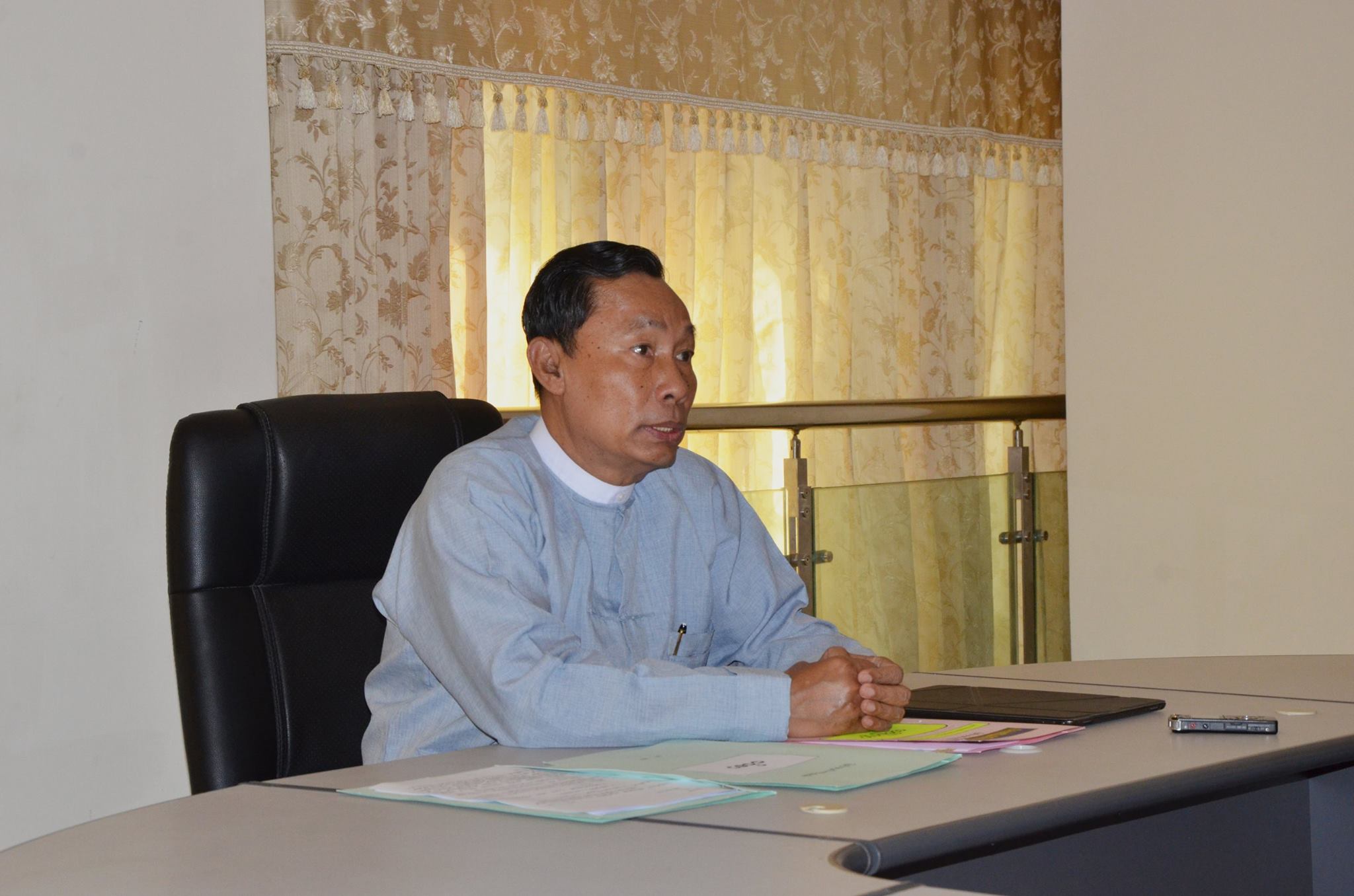Former military general Shwe Mann has been picked to chair a key legal advisory panel to Burma’s second parliament, which is dominated by the National League for Democracy (NLD).
The new parliament’s lower house on Friday appointed the former lower house and union speaker as the chairperson of the Legal Affairs and Special Issues Assessment Commission.
Shwe Mann, who vied for election in Pegu Division representing the military-backed Union Solidarity and Development Party, has become a senior advisor to NLD leader Aung San Suu Kyi in the time since losing his respective ballot to a member of her party.
The remit of the 23-member union level commission includes the legal assessment of existing laws. The panel will advise parliament via the lower house speaker as to whether it is necessary to amend or abolish certain laws and judge whether new laws are necessary. The committee is also tasked to advise the lower house speaker Win Myint, of the NLD, on an ad hoc basis.
Shwe Mann himself formed the panel in 2011 as the Legal Affairs and Examination of Special Matters Commission. The group worked towards the eventual approval of 149 laws before its term ran out with the previous parliament in January, Reuters reported.
Meanwhile, the construction of Burma’s new government continued on Thursday with the formation of the Bill Committee and Public Accounts Committee, each with 15 members each.
Upper house MPs Zaw Min of Sagaing Division’s Constituency-6 and Mya Nyarna Soe of Rangoon Constituency-9 were respectively appointed chair and secretary of the new Bill Committee.
[related]
Mya Nyarna Soe also served as the secretary of the Bill Committee in the previous Union Parliament and the upper house.
Soe Moe Myint, an MP from Karen State’s Constituency-2 and Sai Seng Kyauk, of Shan State’s Constituency-6, were appointed chair and secretary of the Public Accounts Committee respectively.
According to parliamentary laws, membership of the committees can be reshuffled annually. Members of these parliamentary committees are provided impunity from persecution under existing laws except from parliamentary laws concerning remarks made during committee meetings.



